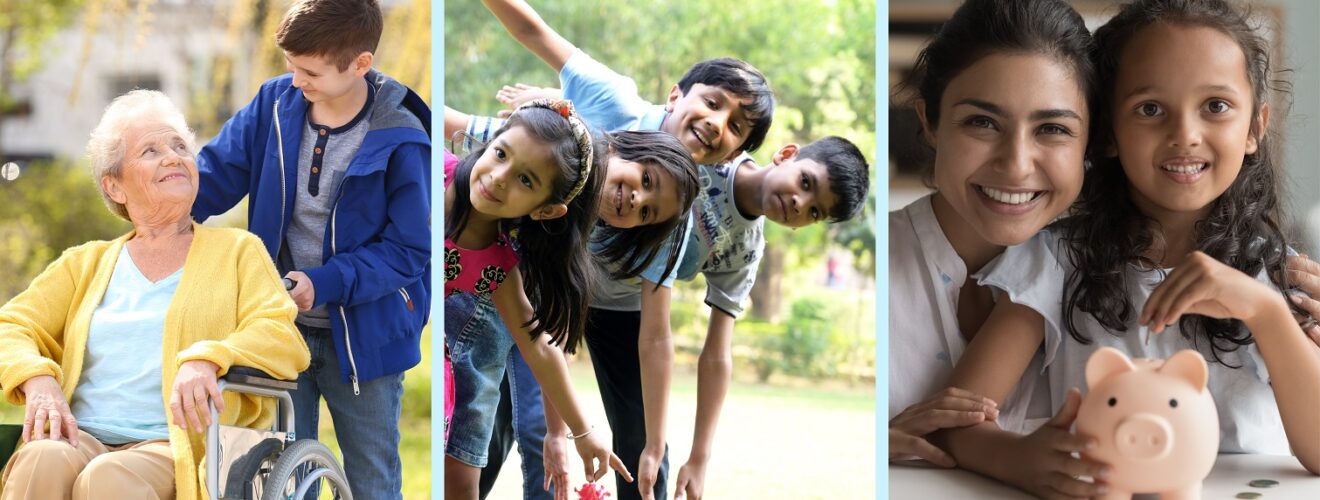Ways to Instil Virtue in Children: How We Inculcate Values at TSUS North Bengaluru

Imparting Virtues to Children: How do we inculcate values at TSUS North Bengaluru?
At TSUS North Bengaluru, we believe in introducing an innovative curriculum related to ethics. The objective is to ensure that every good deed is supplemented and complemented beautifully. Little, random acts of kindness, gratitude exercises and imparting virtues are equally important. For their early development of kids, inculcating values is an integral part of the curriculum.
How do our teachers inculcate values at TSUS North Bengaluru?
A positive school environment is the foundation of teaching values to primary students. Our teachers are trained to help them learn through different ways. They go beyond simple academic achievement, shaping a child’s character and guiding through a lifetime.
Let us explain how we choose effective ways to impart virtues in children.
Honesty, kindness, and compassion are nurtured in ways that children can recognise. At an early age when children are taught to appreciate these acts, they learn to be grateful towards their teachers, parents, and classmates.
It requires a collaborative effort between class teachers and parents. They are role models, demonstrating kindness and respect in their interactions. In our premises, we actively acknowledge and celebrate acts of helpfulness. They reinforce positive behaviours in students. It is done by providing information with examples.
When the children come to school every morning, the day starts beautifully with an assembly and prayers. As one of the best schools in North Bangalore, we possess a modern outlook but value the strength of our traditional legacy.
Some of the most effective ways to impart virtues in children are:
- Kids learn by watching what they see. We practise the same to set the right example. Teachers are compassionate and kind. When they see students doing the right thing they are acknowledged and praised. It helps them to be responsible.
- Teachers speak about the importance of being respectful and patient. Reading stories with strong moral themes inspire children. Prayers, mindfulness, and awareness allow children to learn more about their lives.
- We encourage acts of service, from volunteering within the school to participating in community projects. These experiences allow children to develop patience. They learn to work towards goals and understand the impact of their actions.
Benefits of being virtuous
By understanding the importance of virtues, children are equipped to develop resilience. They have a coping mechanism to become well-rounded individuals with a strong sense of self-worth. The children have stronger relationships, both within the family and with their peers. Teaching values to primary students equip them to become responsible and caring citizens.
Gratitude counts
Grateful students are more likely to approach challenges with a positive attitude. It leads to improved academic outcomes. Practising gratitude reduces anxiety and depression in children. Better sleep and healthier habits count in developing young minds. We actively cultivate an environment and introduce gratitude activities for children.
Our curriculum encourages students to express thankfulness for their teachers and classmates. We celebrate individual and collective achievements, to inculcate a spirit of appreciation. Every child should feel valued and supported in school and at home.





